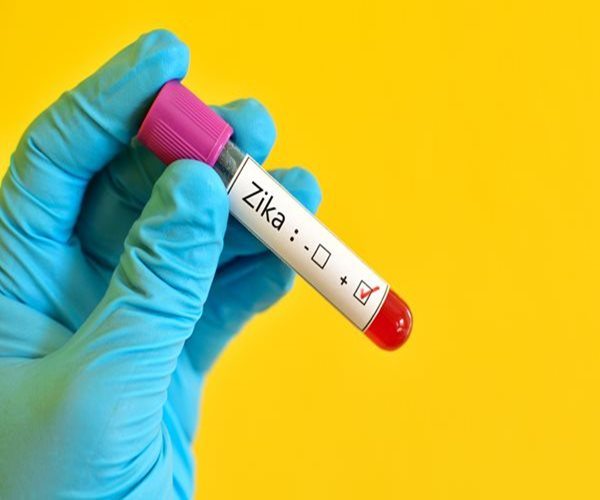
GlaxoSmithKline plc (NYSE:GSK) has become the latest major drug company to throw its hat in the Zika ring at a time when the virus is threatening to spread in the U.S. With the announcement, GlaxoSmithKline is joining Sanofi SA (NYSE:SNY), which had also earlier announced that it was working on a potential Zika treatment.
There is a fair chance that the Zika vaccine space could attract more drug companies as the virus spreads to more places and threatens many more people. The Zika infection has been linked to cases of pregnant women giving birth to babies with abnormally small heads, a situation described in medical circles as microcephaly.
GlaxoSmithKline is collaborating with National Institutes of Health to research Zika vaccine. The company will be carrying out Zika research work at its R&D center in Rockville, Maryland. Before publicly announcing its intention to develop a Zika vaccine, GlaxoSmithKline took time to run a feasibility study quietly and now it appears convinced that there is a market for Zika vaccine and also that it has the drug technology that it can leverage to combat the spread of the virus.
What’s the technology GSK is banking on?
GlaxoSmithKline is hoping to leverage its drug technology called self-amplifying mRNA, or simply SAM, to create Zika vaccine. But the company emphasized that it was still early days for the technology. According to the company, developing a vaccine can take more than a decade.
What if Zika cures itself?
Even as GlaxoSmithKline, Sanofi and others throw their hat in the Zika ring, they have not stopped worrying about what might happen to their efforts in case population develops natural immunity against the virus. If that happened, it would mean that the spread of the virus would slow down and the potential market for Zika vaccine would significantly diminish. But that would have a far-reaching implication on the budgets of the companies that have worked hard to develop vaccines for the disease in their labs.
Perhaps the fear of people becoming naturally immune to Zika explains the slow pace of drug companies joining the war against the virus.




